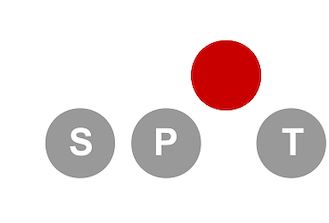Abstract
Relatively few technologies in EC have made the transition from the university research environment to commercial success, and Goodman will describe the story of one of them, Red Cedar Technology, which he co-founded. There were many pitfalls to be overcome, and the element of luck can’t be completely discounted, but there were also many lessons to share with others who might contemplate such an endeavor. He will concentrate not on the technology, but on the building of the company and the struggle to secure a place in the market.
Biography

ERIK D. GOODMAN is PI and Director of the BEACON Center for the Study of Evolution in Action, an NSF Science and Technology Center headquartered at Michigan State University, funded at $48 million for 2010-2020. BEACON has over 600 members—evolutionary biologists plus computer scientists/engineers studying evolutionary computation or digital evolution. Ph.D., Computer and Communication Sciences, University of Michigan. He is a professor in Electrical and Computer Engineering, in Mechanical Engineering, and in Computer Science and Engineering. He directed the Case Center for Computer-Aided Engineering and Manufacturing from 1983-2002, and founded and directed MSU’s Manufacturing Research Consortium from 1993-2003. He co-founded MSU’s Genetic Algorithms Research and Applications Group (GARAGe) in 1993, doing industrially sponsored research. Co-founded Red Cedar Technology, Inc., 1999, which develops design optimization software; as Vice President for Technology, he pioneered the development of the SHERPA blackbox optimizer until 2010. (Red Cedar became part of Siemens PLM in 2016.) Chosen as Michigan Distinguished Professor of the Year, 2009, by the Presidents Council, State Universities of Michigan. MSU Distinguished Faculty Award, 2011. Chair, Executive Board and Senior Fellow of the International Society for Genetic and Evolutionary Computation, 2003-2005. Founding Chair of ACM’s SIG on Genetic and Evolutionary Computation (SIGEVO) in 2005.
